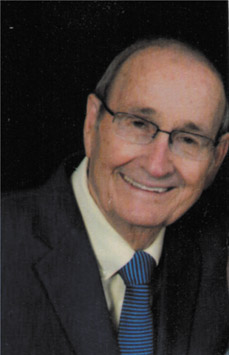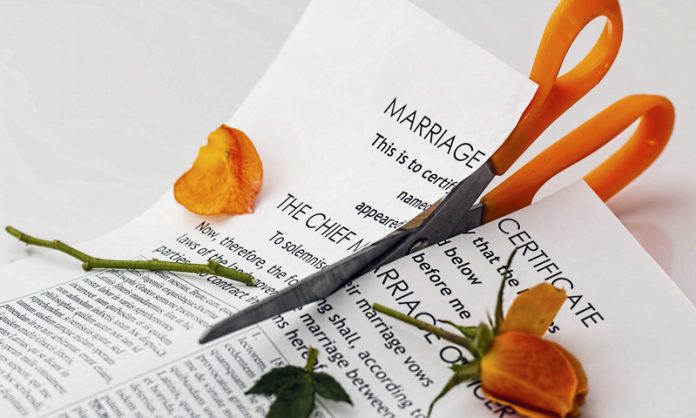
We’ve heard the old cliché, “Don’t sweat the small stuff.” Truth be known, the “small stuff” really can make or break our day. It can destroy friendships and marriages, and affect our personal health and behavior. One small point can make a win or a loss for a football team, as the New Orleans Saints found out at Baltimore recently.
Most of us long for stronger and more creative ways of relating to each other, especially to family members. And if you’re a member of a large family, it seems almost inevitable that you will experience misunderstandings, conflicts and disputes. Recently, I was counseling a teenager and he mentioned a “strange cousin and a weird uncle” in the course of conversation. Most of us can identify with him. But the truth of the matter is that all of us may be “strange” or “weird” to somebody, because we are all different. The people we label as “weird” are really just different from us. But differentness is not necessarily badness.
When you look at your own attitudes and behavior, you might do well to ask yourself, “If I were living with me, would I want to hang around?” Most of us are blind to our own faults and peculiarities. It’s really difficult to see yourself objectively. An experiment was made of teachers’ classroom behavior in a certain school. In the study, teachers were videotaped at unspecified times during the day in the classroom (without the teachers’ knowledge). These tapes were to be used for self-learning and evaluation. No one would see the tapes except the teacher. And when they examined the tapes privately, most of them were shocked at their behaviors, body language, and attitudes. They had never seen themselves in action before. So viewed, would we find ourselves different from what we imagine ourselves to be? Are we complaining, demanding, thoughtless, inconsiderate, fault-finding, unkind, and insensitive? Do we show respect for others?
As I wait and wait for my leg to heal from my recent fall, I realize how our physical aches and pains almost take over our behavior and personalities. I have to remind myself that I need to be very kind to those who are taking care of me. All of us need help, sooner or later. Our purpose in life can be found in the help we give to each other. Life is hard and we couldn’t make it without those who care.
Leo Buscaglia said that most relationships fail because of “little, petty things” rather than the big issues of life. Many marriages fall apart, not because of the big issues, but because of an accumulation of small matters, such as thoughtless comments, neglect, blaming, belittling and inconsiderate behavior. Divorce records are full of what are labeled “Irreconcilable Differences”. If we examine these, they may read:
“She keeps interrupting me when I talk.”
“He never picks up after himself.”
“She nags me about everything.”
“He sits in front of the tube all weekend and rarely sees me or the children.”
“She’s a perfectionist and I have to tread lightly.”
“His temper is too much for me.”
“When I come home, she tells me about every miserable thing that happened during the day.”
“He doesn’t know how I feel.”
“She is so pessimistic, and nothing is ever right.”
None of those attitudes is of world-shaking importance, but they can make a world of difference. Healthy relationships come from people who are willing to really look at themselves and to make necessary changes along the way.










